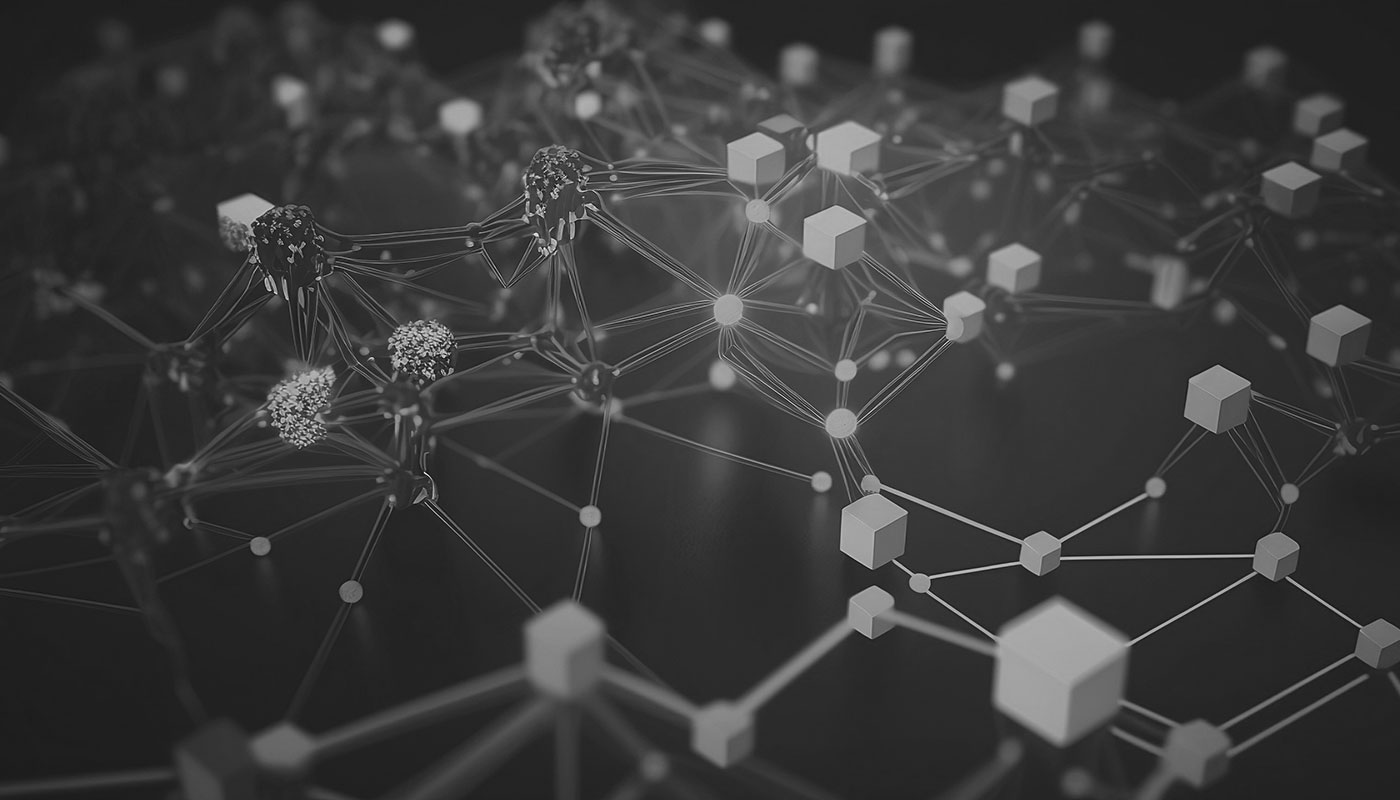The Internet has revolutionized the way we live, work, and communicate. With a rich history dating back to its humble beginnings as a military experiment, this global network of computers has grown exponentially over the years, becoming an integral part of our daily lives. In this article, we will explore the history and future of the Internet, tracing its origins, major milestones, and the transformative impact it has had on society. From the creation of ARPANET in the 1960s to the development of the World Wide Web in the 1990s, we will delve into the key moments that have shaped the Internet as we know it today.
The Early Beginnings of the Internet
The story of the Internet begins in the 1960s with the creation of ARPANET (Advanced Research Projects Agency Network) by the U.S. Department of Defense. Originally designed as a decentralized network to ensure robust communication in the event of a nuclear attack, ARPANET laid the foundation for the modern Internet. It connected four universities and allowed for the exchange of information and resources between researchers.
In the 1970s, the TCP/IP protocol was developed, providing a standardized method for data transmission across different networks. This breakthrough allowed for the expansion of ARPANET and the eventual transition to a global network. By the 1980s, the protogel Internet had grown beyond its military and academic origins, with the establishment of commercial networks and the introduction of email and file transfer protocols.
The true turning point for the Internet came in the 1990s with the development of the World Wide Web. British computer scientist Tim Berners-Lee invented the web as a way to easily navigate and access information stored on different computers. With the introduction of web browsers and the HTTP protocol, the Internet became accessible to a wider audience, leading to an explosion of websites and online content.

Major Milestones in the History of the Internet
Throughout its history, the Internet has witnessed several major milestones that have shaped its evolution. One such milestone was the creation of the first graphical web browser, Mosaic, in 1993. Mosaic allowed for the display of images and the browsing of web pages with a user-friendly interface, making the Internet more visually appealing and accessible to the general public.
Another significant milestone was the emergence of search engines, with the launch of Yahoo! in 1994 and Google in 1998. These search engines revolutionized the way we find information on the Internet, making it easier to navigate the vast amount of content available online.
In the early 2000s, the rise of social media platforms like Friendster, MySpace, and eventually Facebook, transformed the way we connect and interact with others online. Social media not only allowed for the sharing of personal updates and photos but also became a powerful tool for businesses to reach and engage with their target audience.
The Impact of the Internet on Society and Businesses
The Internet has had a profound impact on society, transforming the way we live, work, and communicate. It has revolutionized the way we access information, breaking down barriers and democratizing knowledge. With just a few clicks, we can now access vast amounts of information on any topic, empowering individuals and fostering a culture of lifelong learning.
In the business world, the Internet has opened up new opportunities and challenges. E-commerce has emerged as a powerful force, allowing businesses to sell products and services online, reaching a global customer base. The convenience of online shopping has reshaped consumer behavior, leading to the decline of brick-and-mortar retail and the rise of digital marketplaces.
The Internet has also disrupted traditional industries, such as publishing, music, and entertainment. With the advent of digital distribution platforms, artists and content creators can now reach their audience directly, bypassing traditional gatekeepers. This has led to a democratization of creativity, giving rise to new forms of expression and enabling independent artists to thrive.
The Future of the Internet
As technology advances at an unprecedented pace, the Internet continues to evolve, offering new opportunities and challenges. The future of the Internet holds great promise for further innovation and connectivity. Emerging technologies such as artificial intelligence (AI) and the Internet of Things (IoT) are set to transform the way we interact with the Internet and the world around us.
AI-powered virtual assistants like Siri and Alexa are just the beginning. As AI continues to improve, we can expect more personalized and intelligent services that anticipate our needs and preferences. From smart homes to autonomous vehicles, the Internet of Things will connect devices and objects, creating a seamless and interconnected digital ecosystem.

Emerging Technologies and Their Impact on the Internet
Emerging technologies such as blockchain and augmented reality (AR) are also set to have a significant impact on the Internet. Blockchain, the technology behind cryptocurrencies like Bitcoin, has the potential to revolutionize the way we conduct transactions online, making them more secure and transparent.
AR, on the other hand, will enhance our digital experiences by overlaying virtual content onto the real world. From gaming and entertainment to education and healthcare, AR has the potential to transform various industries and create new opportunities for innovation and creativity.
Internet Governance and Regulation
As the Internet continues to evolve, the need for governance and regulation becomes increasingly important. Balancing the principles of openness and accessibility with the need for security and privacy is a complex challenge. Governments and international organizations play a crucial role in shaping the future of the Internet, ensuring that it remains a free and safe space for all.
The Role of Artificial Intelligence in Shaping the Future of the Internet
Artificial intelligence (AI) is poised to play a significant role in shaping the future of the Internet. From personalized recommendations to intelligent chatbots, AI has the power to enhance our online experiences and make the Internet more intuitive and responsive.
However, AI also raises important ethical and societal questions. Issues such as algorithmic bias, job displacement, and the impact on privacy and security need to be addressed to ensure that AI is used responsibly and for the benefit of all.
Internet Security and Privacy Concerns
As the Internet becomes an essential part of our lives, ensuring its security and protecting our privacy becomes paramount. Cybercrime and data breaches are on the rise, posing a significant threat to individuals and organizations. Governments and businesses need to invest in robust cybersecurity measures to safeguard against these threats and protect user data.
Privacy concerns also need to be addressed. With the increasing amount of personal information shared online, individuals must have control over their data and be informed about how it is being used. Striking the right balance between convenience and privacy is crucial to building trust in the digital age.

Conclusion
The Internet has come a long way since its humble beginnings as a military experiment. From the creation of ARPANET to the development of the World Wide Web, the Internet has transformed the way we live, work, and communicate. As we look towards the future, the Internet holds great promise for further innovation and connectivity.
Emerging technologies such as artificial intelligence, blockchain, and augmented reality are set to shape the future of the Internet, enhancing our digital experiences and creating new opportunities. However, as the Internet evolves, we must also address important issues such as internet governance, security, and privacy.
By embracing these challenges and working together, we can ensure that the Internet remains a powerful tool for positive change, connecting people, and fostering innovation. The history and future of the Internet are intertwined, and it is our responsibility to shape it in a way that benefits all of humanity. we invite you to delve deeper into other significant topics shaping our world. Discover more about global leadership and geopolitical dynamics by reading our article about Xi Jinping, offering further insights into pivotal figures and events shaping our times. Keep exploring, keep learning, and keep shaping the future.



